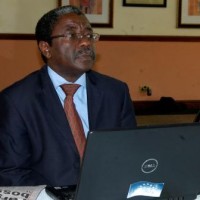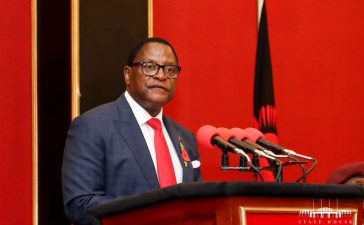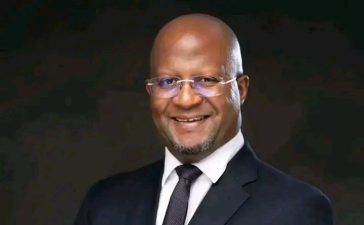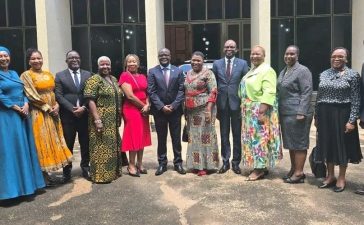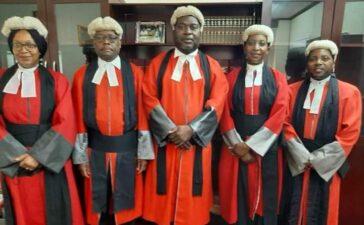Edge Kanyongolo, a professor emeritus of law, said that having a variety of media sources, including subpar ones, is preferable than having the government regulate the media. On Friday, Kanyongolo delivered a lecture to the general public at the Raphael Tenthani Centre for Media Excellence at MUBAS, formerly known as Malawi Polytechnic.
Asked Sellina Nkowani:
“You make mention of the fact that media pluralism hasn’t translated into media quality possibly it has only led to more mediocrity, what would you suggest should happen? Less quality media which in turn might translate to less media choice or more media and more choices?”
In his response, the Professor reluctantly opted for more media with mediocrity.
Kanyongolo figuratively said, “Let’s let the jungle as it is, but allow animals to be aware of the predators,” emphasizing that the populace must be educated on how to cross-check the information they ingest from mercenary sources with the well-established mainstream media outlets.
Wycliffe Njiragoma questioned the Professor regarding his thoughts on MACRA’s recent decision to withdraw radio and television licenses based on operators’ fees.
Kanyogolo deftly sidestepped the subject but noted that it was crucial to first determine whether MACRA is functioning within the confines of the law, the Communications Act, and that if it is, it leaves no room for maneuver.
Aubrey Mchulu asked about state censorship of freedom of speech. He said:
“In recent years we’ve seen State censorship of freedom of speech extending to the social media platforms. People being arrested for posts made in WhatsApp groups and the like. I’m not encouraging defamation, I feel people should be left to exercise self-regulation or I am being naive? Your thoughts?”
The Professor quickly argued in his reply that the norms of confidentiality should be applied to everything that people write on WhatsApp, for example. He continued by saying that the government shouldn’t invade people’s privacy in their personal relationships. He underlined, however, that statements made on social media that constitute defamation will be subject to the same laws as those made in print publications or even when spoken orally.
Media professionals and MUBAS journalism students were the main attendees of the public lecturer. Wisdom Mwale, the person in charge of organizing this lecture, expressed his gratitude to the Professor for giving up his time to deliver the talk. In Malawi, Kanyongolo has a long history of being regarded as a media ally.

